Researchers have created a possible replacement for traditional camera lenses, using an "optical phased array" to function as both a lens and sensor of a camera.
The project from researchers at the California Institute of Technology is the first ever camera that works without a transparent, curved lens. Right now the prototype is 8x8, totaling 64 pixels.
While right now the image is not at a high resolution, the potential is exciting.
It offers not only smaller cameras, but also more versatility. One of the researchers, Ali Hamjiri, says "It can mimic a regular lens, but can switch from a fish-eye to a telephoto lens instantaneously — with just a simple adjustment in the way the array receives light."
Silicon-based light receivers and computations used on the chip to focus light in a way that creates the image.
The light waves will in some places cancel each other out, and in other locations amplify each other, researchers explained. The places where the light is not canceled are used to form the image.
The lead author of the paper for the study, grad student Reza Fatemi, said, "We can form an image at an incredibly fast speed by manipulating the light instead of moving a mechanical object." The study is titled An 8x8 Heterodyne Lens-less OPA Camera.
The chip can add a time delay, which can be made different for each light receiver on the chip, to focus the light.
Hamjiri explained, "You can selectively look in a desired direction and at a very small part of the picture in front of you at any given time, by controlling the timing with femto-second—quadrillionth of a second—precision."
Traditional camera lenses work by bending light to focus it; they need a curve to do so, and most have multiple lens elements. Different lenses also have different effects on image aspects like depth of field. A more all-purpose alternative like this one could potentially give your smartphone camera the same level of versatility as a DLSR with multiple lenses. A lens-less camera could use software to achieve the same effect as swapping out lenses on a traditional camera.
Particularly for photographers working outside the studio, high-quality digital cameras and good lenses are often heavy and cumbersome. It can slow photographers down and risk damage to equipment. They can also lack subtlety. Smaller cameras using an electronic chip lens could make it easier to get a shot quickly, in difficult circumstances, and in situations where one might be retaliated against for obvious photography -such as some conflict situations for photojournalists. Phone cameras are already used for some of those situations, so the use of this technology in smartphones could be one application for those situations.
It will also be interesting to see the effects this could have on the needed exposure time and shutter speed as well; it might be quicker to get some images in the future, preventing blur.
The flat, small cameras this lens could be part of could have a wide range of applications. It could be used in cell phone cameras, which need to be pretty flat, and it seems like this could even the playing field more between phone cameras and dedicated cameras. The researchers say it could be used in phones and even in telescopes once the tech is developed further.
Grad student Behrooz Abiri says, "Even in today's smartphones, the camera is the component that limits how thin your phone can get. Once scaled up, this technology can make lenses and thick cameras obsolete."
In making digital cameras much more compact and lightweight, this technology could help both professional photographers and everyone else using phone or other digital cameras. High-quality photography may become both easier and more accessible.
- Follow Gadget Hacks on Facebook, Twitter, Google+, YouTube, and Instagram
- Follow WonderHowTo on Facebook, Twitter, Pinterest, and Google+
Cover image via CalTech






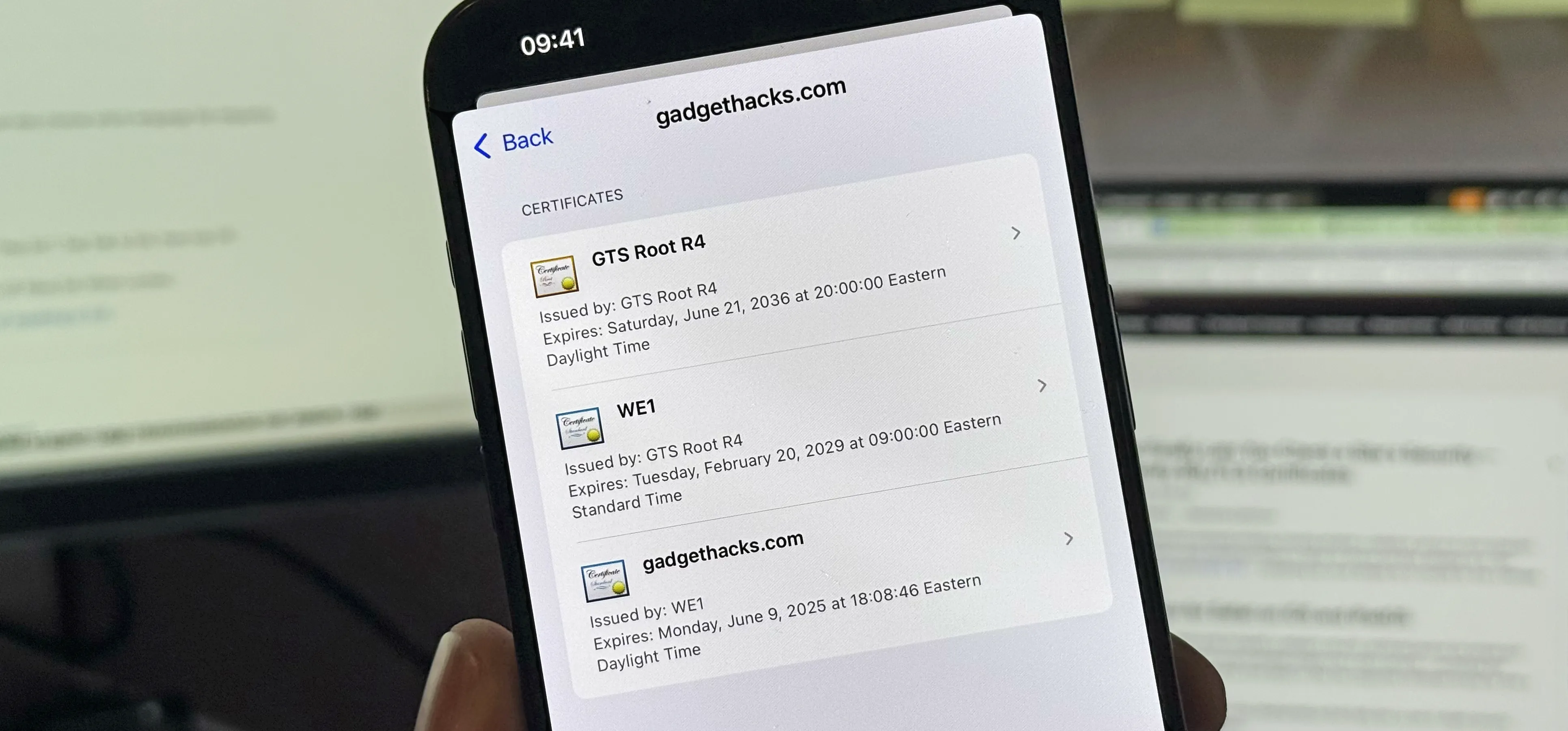

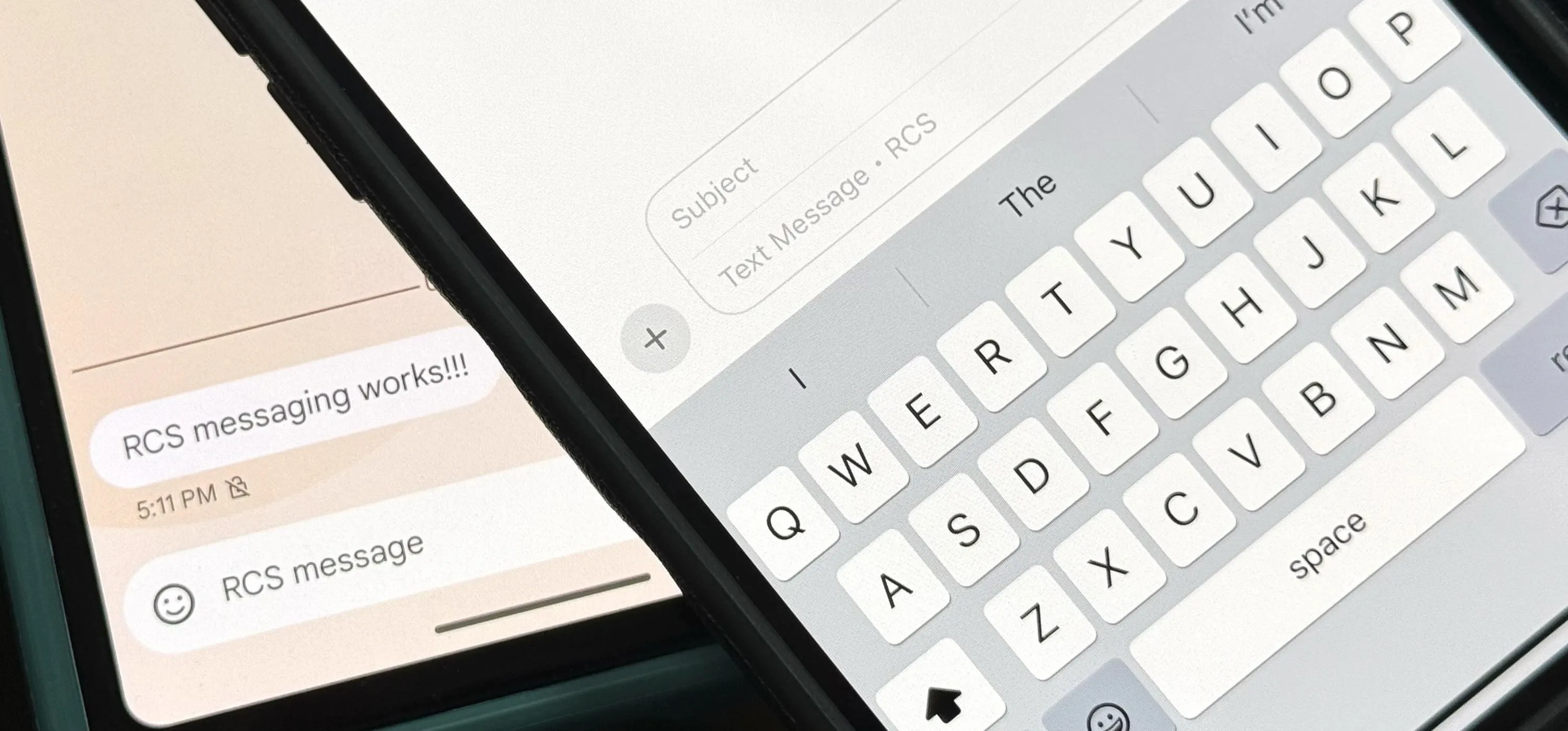



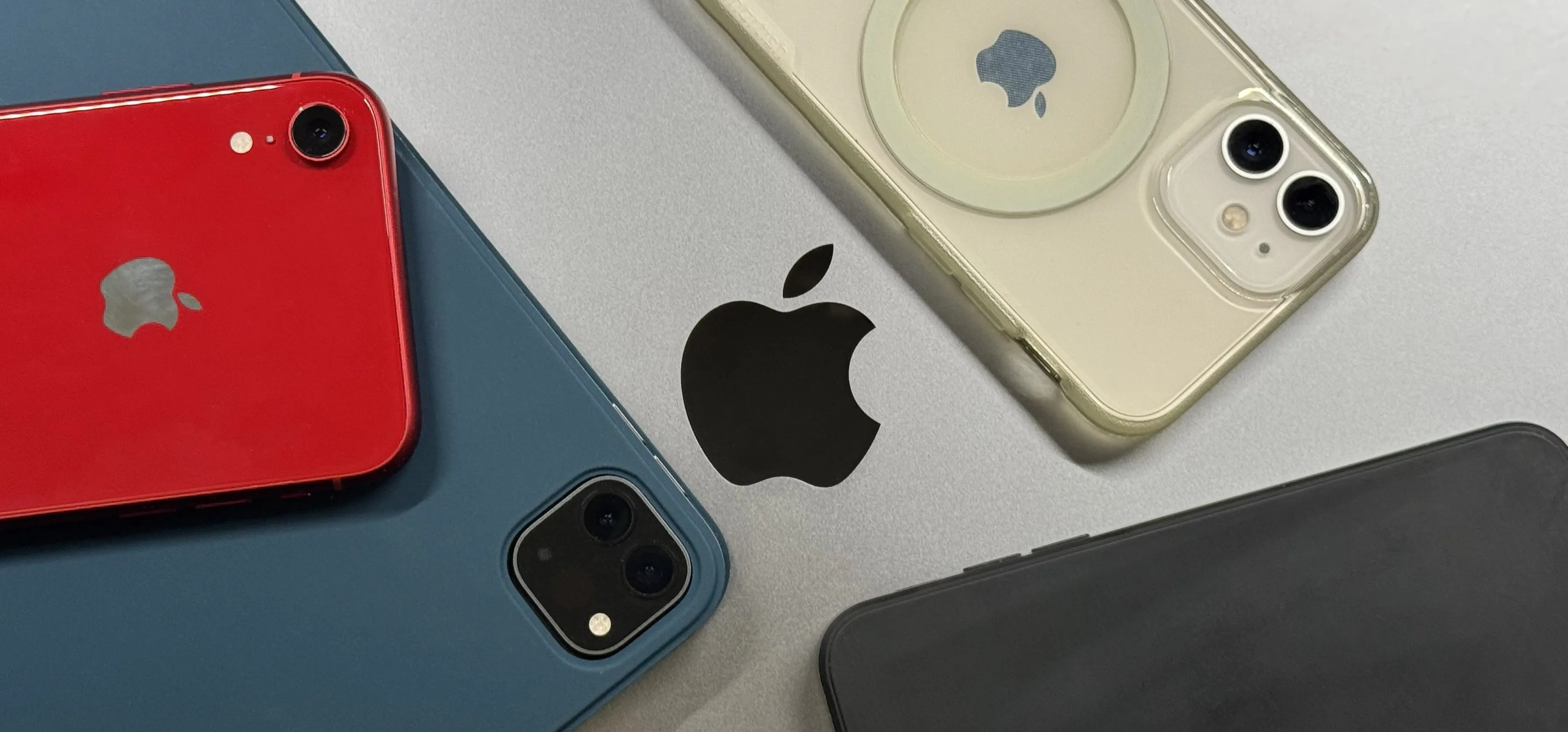
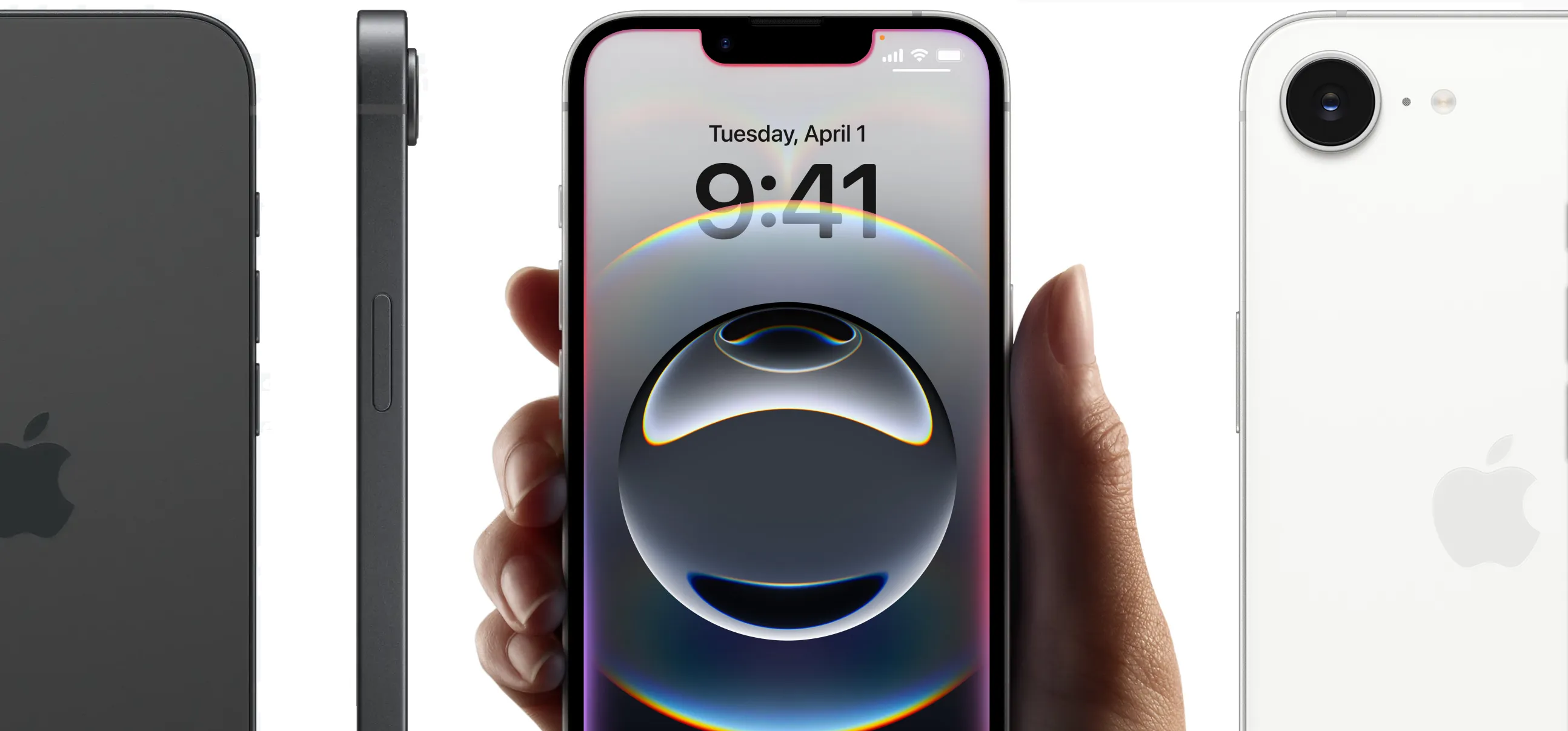


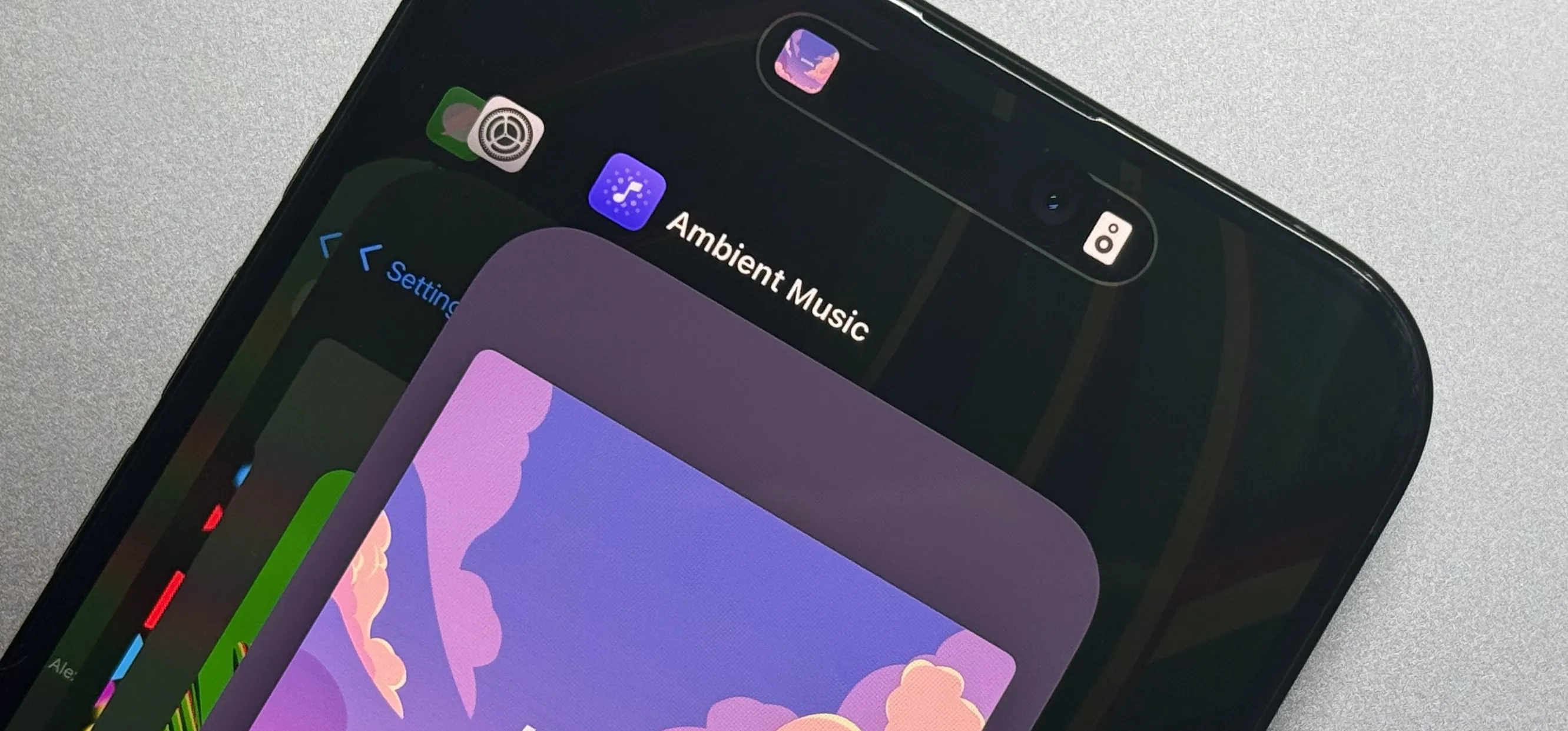







Comments
Be the first, drop a comment!